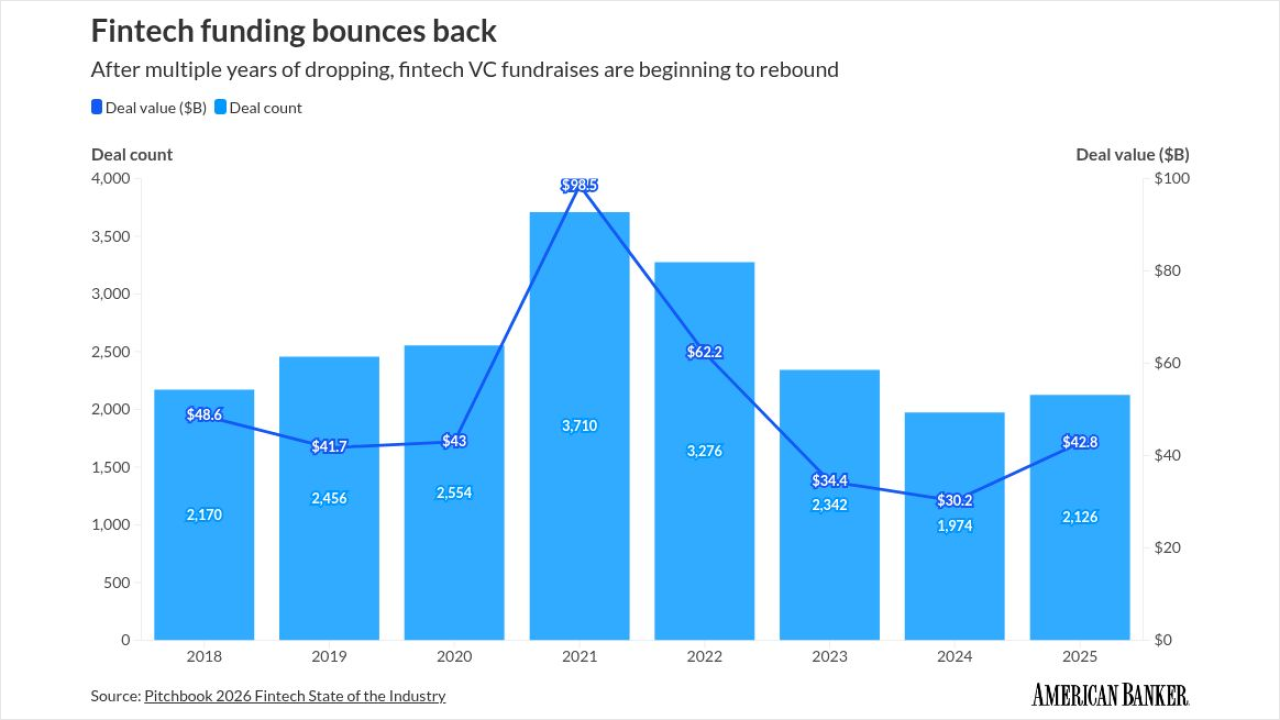
WASHINGTON — Treasury Department Assistant Secretary for Financial Institutions Graham Steele zeroed in on brokered and reciprocal deposits — an area that thus far hasn't garnered much regulatory attention in the wake of this spring's bank failures — as an area needing new regulatory review.
Steele, speaking at an event sponsored by consumer advocates Americans for Financial Reform Tuesday, said that capital regimes are supposed to be somewhat redundant and err on the side of higher capital levels precisely because risks are inherently subjective and imprecise.
"No single measure will comprehensively capture the full range of potential risks, underscoring the need for a belt-and-suspenders approach to capital regulation," Steele said.
Notably, Steele also called out changes to brokered and reciprocal deposit rules completed under the Trump administration, that he said "made it easier for some banks to accept reciprocal deposits and
"Reciprocal and brokered deposits may warrant greater attention now that they are playing an increasingly important role in bank funding structures in light of the recent events," he said. "This recent episode can help to inform a broader consideration of how well the standardized liquidity frameworks are performing and if further refinements would be appropriate."
Steele also said that it's "noteworthy" that Signature Bank and First Republic operated without bank holding companies, and weren't subject to the holding company regulatory regime that would have included the Federal Reserve's supervisory stress testing framework.
"It is not obvious why the application of critical regulatory frameworks should distinguish between institutions with a holding company structure and those without one — particularly for large regional banks with assets primarily held in their depository institutions," he said.
Steele also threw his support behind the upcoming
"The banking agencies have recently made commitments to propose the final elements of the Basel III reforms in the near term, and to propose additional revisions to their prudential frameworks soon," he said. "Depending on what the agencies ultimately propose, this series of reforms could both complete work that began in the wake of the global financial crisis and respond to the specific vulnerabilities highlighted by recent events."






